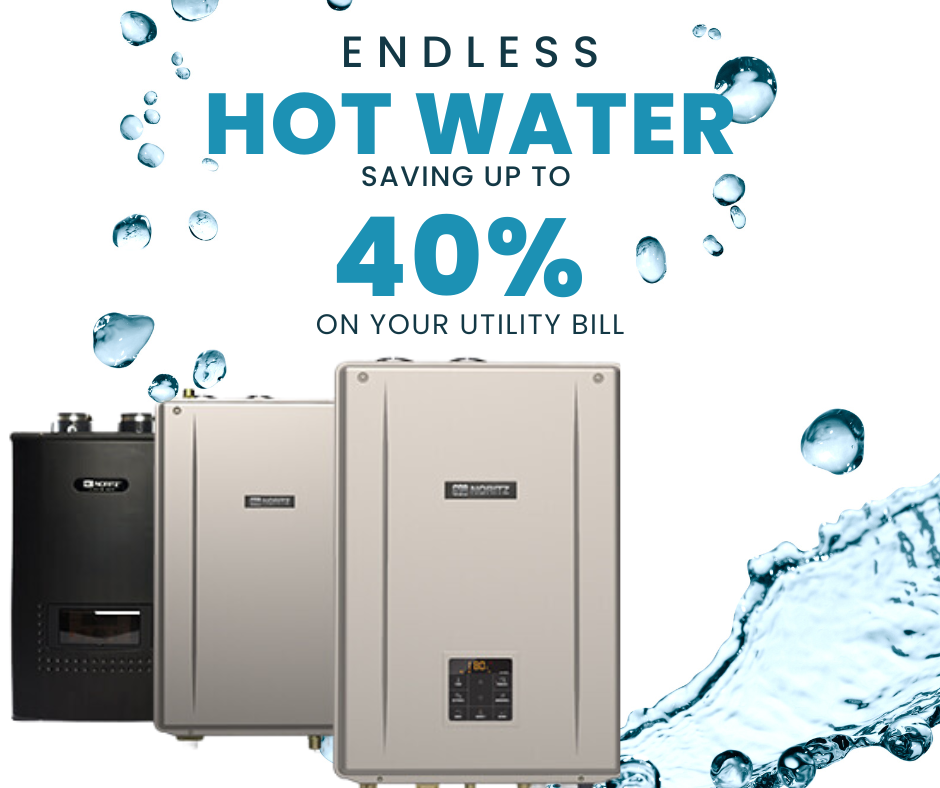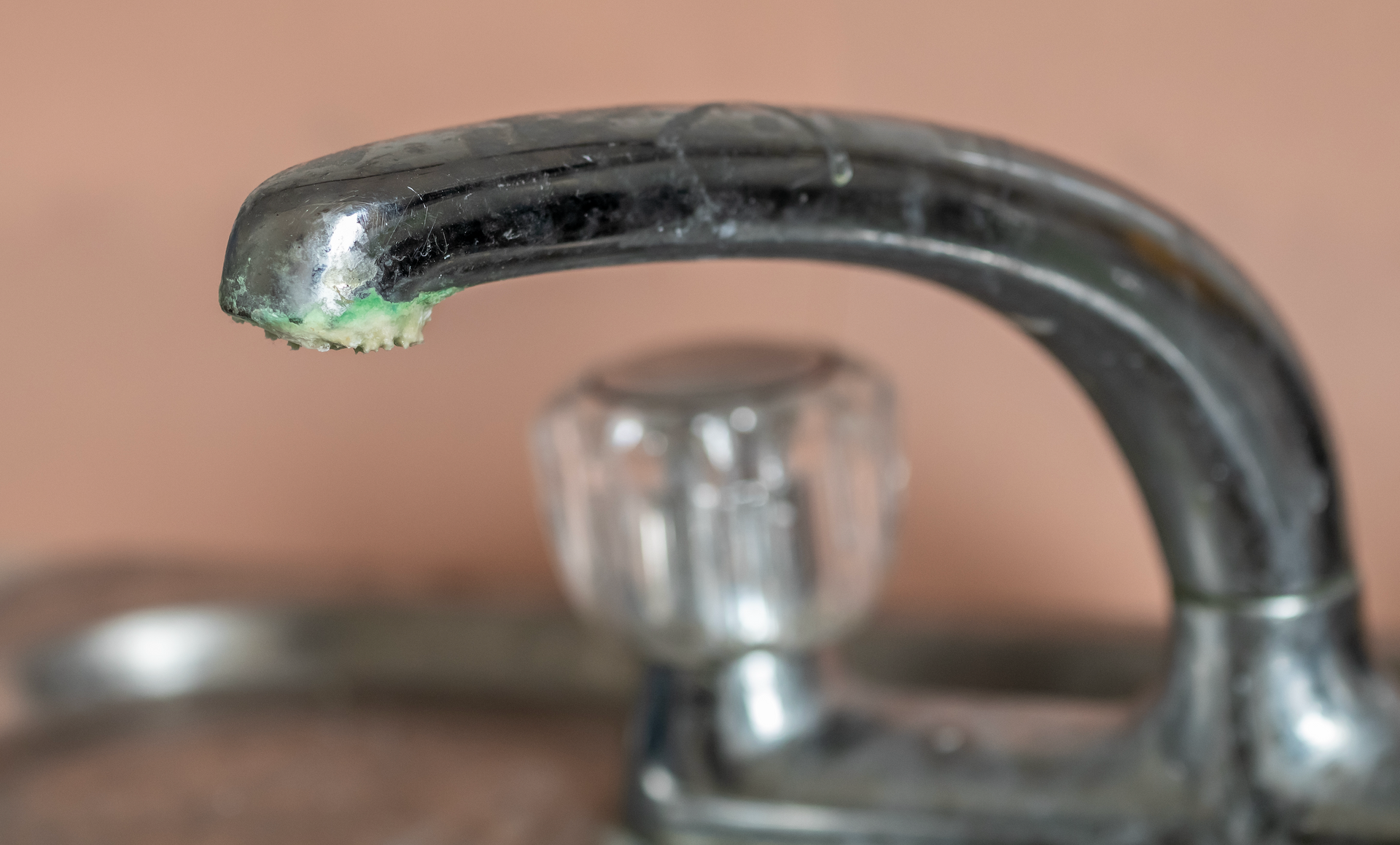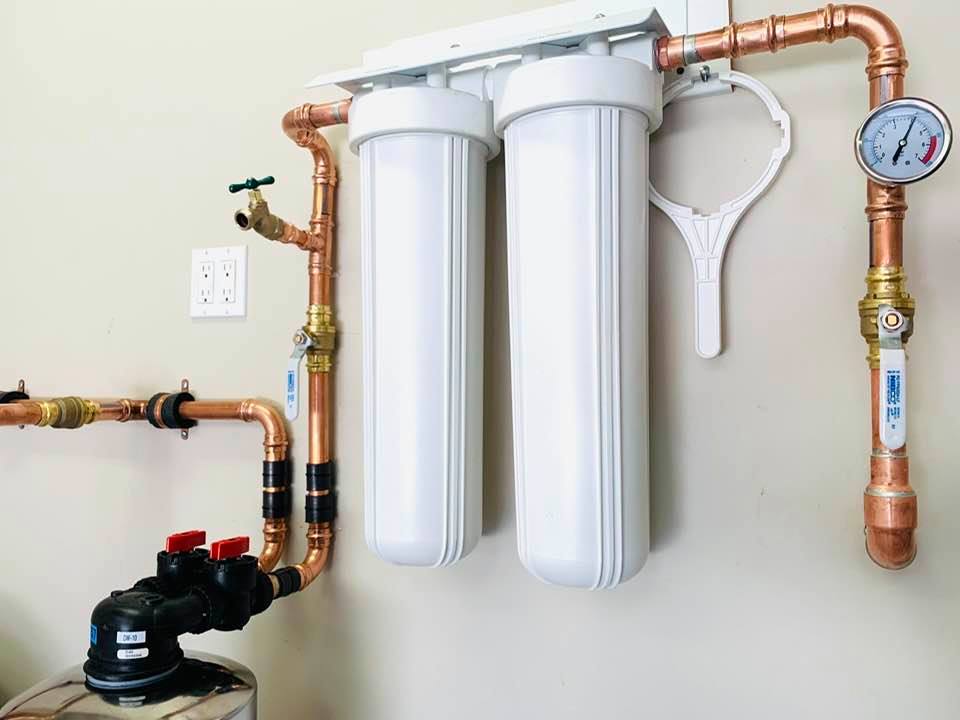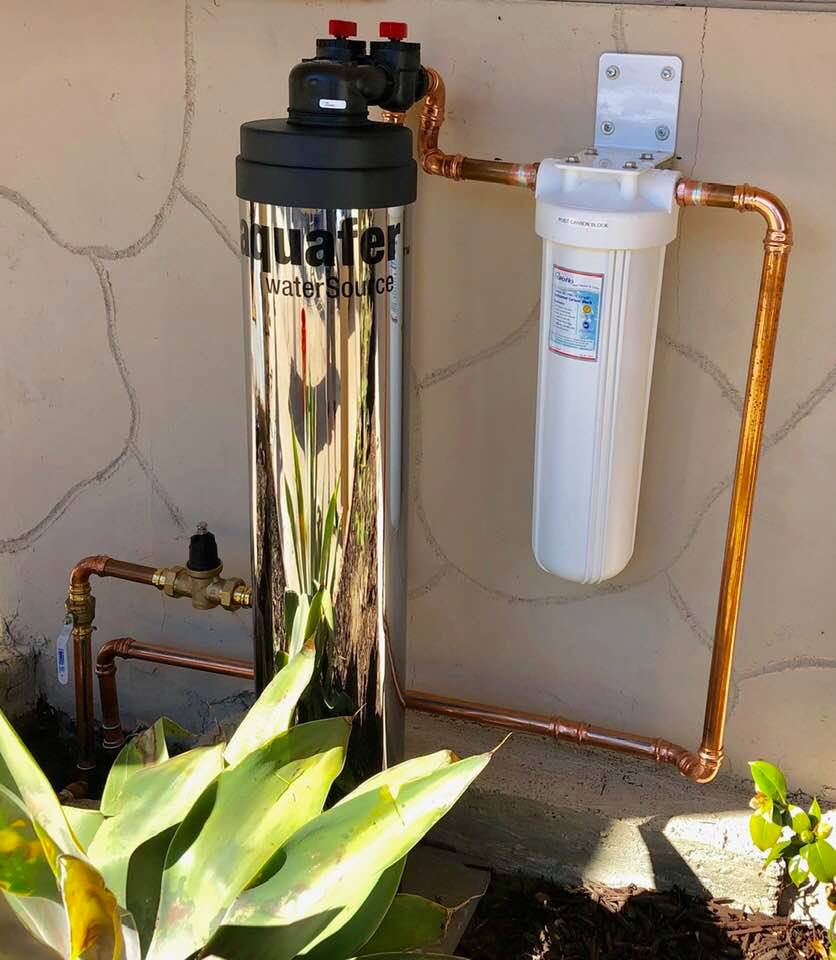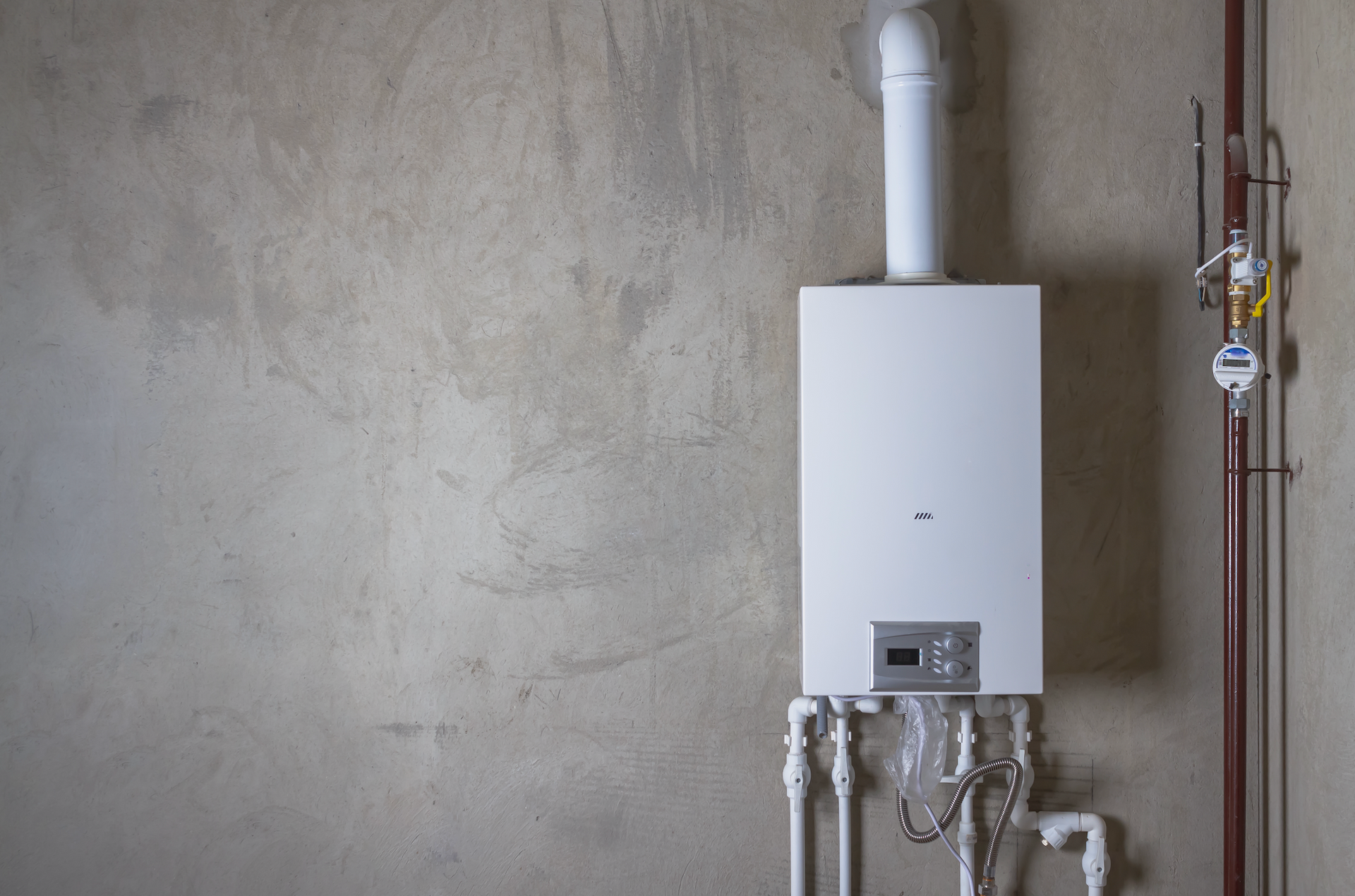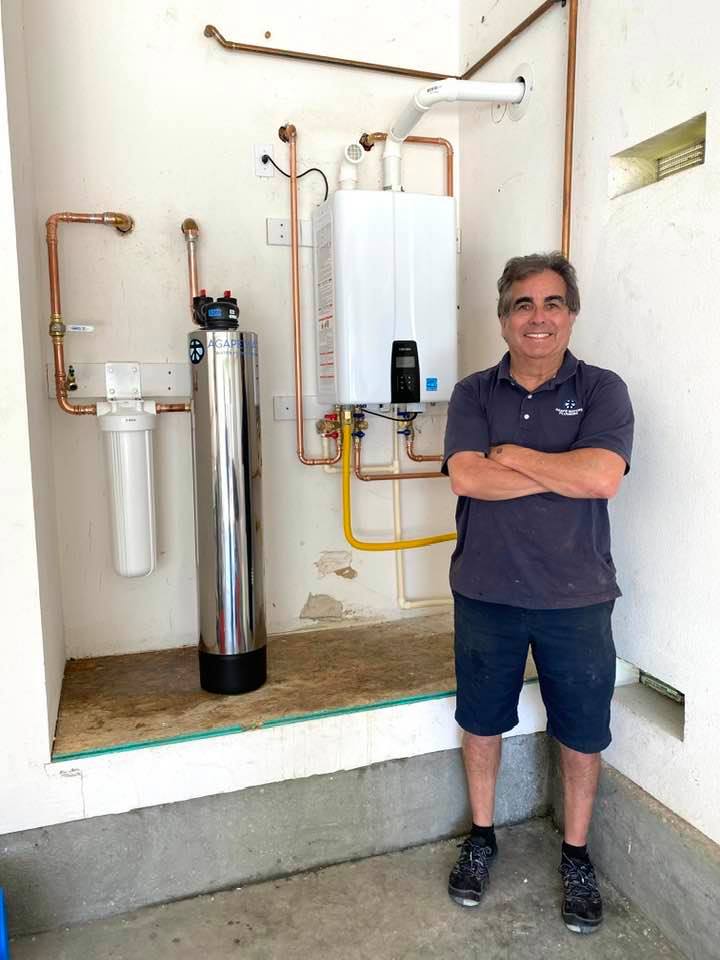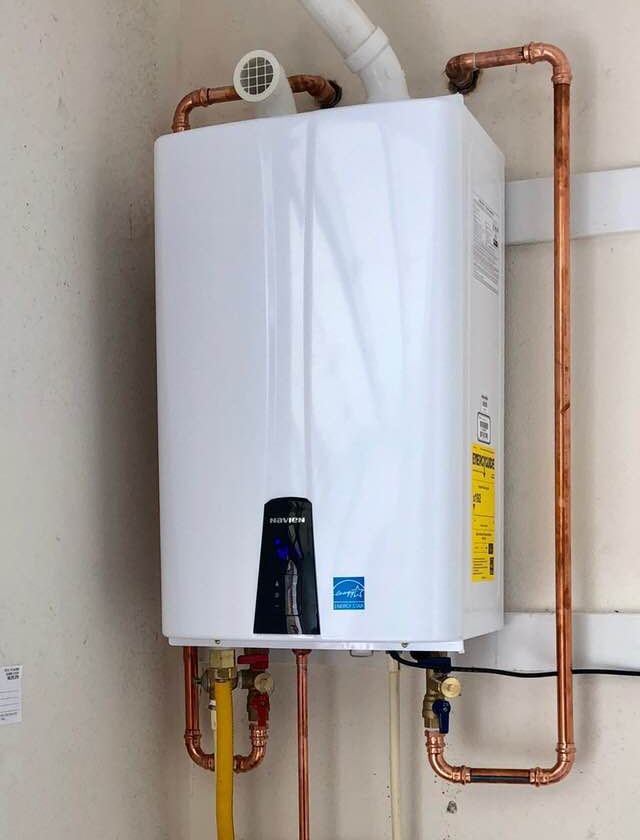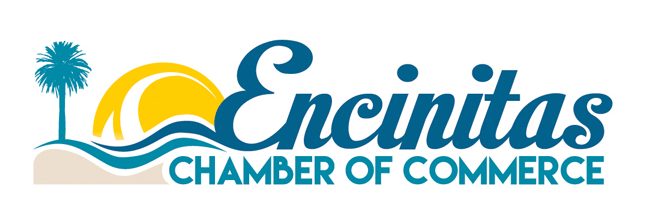10 Smart Tips To Save Money On Your Utility Bill
Saving Money On Your Utility Bill - Solutions in 2024
Every month, a portion of your wages is allocated towards utility bills - an unavoidable financial drain. It's like clockwork, but it doesn't have to be a financial drain. To save money on your utility bill, understanding the nitty-gritty of where that money goes is key.
You're about to get savvy with energy costs and spot sneaky culprits behind high electricity usage. You'll learn how small changes—like switching light bulbs or fixing air leaks—can lead to big savings.
And here's something cool: by embracing tips from setting heater temperature just right to scheduling laundry in off-peak hours, you can keep more dollars in your pocket each season. Ready for lower monthly bills? Let’s dive into those cost-cutting strategies!
Table Of Contents:
- Understanding Utility Bills and Energy Usage
- Conducting an Energy Audit
- Maximizing Home Lighting Efficiency
- Conducting an Energy Audit
- Save Money On Your Utility Bill Through Home Lighting Efficiency
- Agape Waters' Tankless Water Heaters
- Implementing Whole House Water Filtration Systems by Agape Waters
- FAQs in Relation to Save Money on Utility Bill
- Conclusion
Understanding Utility Bills and Energy Usage
Sizing up your utility bill isn't just about glancing at the total due—it's about understanding where those costs are coming from. That's right, we're talking a deep dive into energy usage, because that’s what really pumps up the price on those bills.
Composition of a Typical Utility Bill
The average cost for utilities is sitting pretty around $117 per month—that adds up to a cool $1,405 each year. But have you ever wondered what makes up this chunk of change? Well, charges on your utility bill can include several things like electricity consumption, water usage, sewage services, and sometimes even trash pickup—depending on where you live.
Electricity usually takes the crown for being one of the priciest parts. It accounts for roughly 17% of a home's overall energy gobbling. Now that might not sound like much but think again. Depending on how many gadgets and gizmos you've got plugged in or how often you crank that AC or heater could make all the difference in whether your wallet feels heavy or light by month-end.
Tracking Energy Consumption To Save Money On Your Energy Bill
You don't need to be Sherlock Holmes to track down where all that power is going—and it sure pays off when trying to shave some dollars off your monthly bills. By keeping an eye out for which appliances are using more than their fair share of juice can lead to significant savings—a little bit here and there quickly adds up.
Estimate appliance energy use here, so next time you won’t get blindsided by high costs.
Conducting an Energy Audit
Rolled sleeves and detective hat on—it's audit time. A proper energy audit at home will spot sneaky inefficiencies faster than kids find hidden cookies. And guess what? This sleuth work can net upwards of 25% savings on utility expenses; talk about bang for your buck.
Check out these DIY tips here, because let’s face it—who doesn’t love saving money without leaving the couch?
Save Money on Your Utility Bill Through Home Lighting Efficiency
A switch as simple as moving over to LED bulbs from traditional incandescent ones means lighting no longer needs to burn through cash like it used to. Switching can lead to significant savings on your electricity bill, and also helps out the environment by using less energy.
Key Takeaway:
Get to know your utility bill: It's not just a number, but a breakdown of costs like electricity and water. The more you use, the more you pay.
Saving starts with tracking: Find out which appliances hog energy. Small changes mean big savings over time.
Audit your home for leaks in cash flow: An energy audit can reveal ways to save up to 25% on utilities.
Light smartly with LEDs: They slash costs and are kinder to the planet too.
Conducting an Energy Audit
An energy audit is your first step to slashing those hefty utility bills. Think of it as a detective mission, where you're on the hunt for power-hungry culprits in your home or office. A residential electricity audit isn't just poking around your living room with a flashlight—it's a systematic review that could help you save up to 25% on what you pay every month.
Composition of a Typical Utility Bill
The average American coughs up about $146.45 each month for utilities—that’s over $1,700 annually. For some of us (including yours truly) that sounds pretty low by comparison. That being said, your utility bill might seem like it's written in code, but breaking down the charges can spotlight real opportunities to cut costs. Knowing that roughly 17% of our home energy use goes straight into powering our electronics and appliances gives us clear targets for savings.
Uncovering precisely where your money is headed when you pay for electricity bills can help you get more out of it. Is it the vampire devices sucking power even when off? Or maybe old air filters working overtime? Pinpoint these areas and we've got ourselves some actionable intel.
Tracking Your Energy Consumption
You wouldn’t drive without watching the gas gauge, so why ignore how much electricity you’re using? Tracking consumption helps identify which items are guzzling down energy faster than expected—and there are plenty of tools out there to give insights into this. Use online calculators from reliable sources such as Energy.gov - Estimating Appliance and Home Electronic Energy Use, or install smart meters that report back with hard data on usage patterns.
This info lets us be savvy about saving: targeting peak heating times during winter months or making sure warm air doesn’t escape through unsealed windows—every bit counts towards reducing monthly bills.
Finding Hidden Inefficiencies During Audits
Audit results often reveal surprises—like finding out drafty windows let cool air slip away all summer long. It might sound simple but sealing those pesky air leaks alone can tighten up efficiency dramatically. But don't stop at window cracks; inspect insulation levels across different rooms too because poor insulation means precious heat could be leaking right through walls without proper weather strips installed.
Beyond structure checks, equipment performance matters too—such as setting water heater temperature just right (120 degrees Fahrenheit hits the sweet spot). Every degree lower saves cash without leaving anyone cold after showers.
With diligent tracking and smart tweaks following an extensive audit—you're well on track not only to reduce electricity usage but also to join forces with like-minded companies aiming for sustainability. Together, you can make a significant impact in conserving energy and promoting green practices.
Key Takeaway:
Slash your utility bills by conducting an energy audit to find the power hogs and fix them—like sealing drafty windows or setting your water heater right. Track usage with tools like smart meters for targeted savings, and remember every small change adds up to big monthly savings.
Maximizing Home Lighting Efficiency
Switching to efficient lighting is a bright idea when you're looking to cut down on energy costs. LED bulbs are the top choice for energy-saving lighting, lasting much longer than incandescent and using substantially less power.
LED vs. Incandescent: A Cost-Efficiency Breakdown
Ditching traditional light bulbs for LEDs can lead to significant savings. It's not just about changing a bulb; it's about embracing technology that can save up to $225 annually. That’s because LED lighting consumes up to 90% less energy than their incandescent counterparts. Imagine what you could do with those extra dollars.
If we talk numbers, consider this - while an average incandescent bulb might seem cheaper off the shelf, its operational cost over time tells another story entirely.
The Long-Term Benefits of LEDs
Besides trimming your electricity bill, there’s more good news about making the switch to LEDs. These modern marvels shine bright for much longer periods – times longer than old-school options – meaning fewer replacements and less hassle for you.
Apart from longevity and lower energy usage, LED light bulbs contribute towards environmental protection by reducing waste and demand on power company resources during peak hours. It’s not just your wallet that benefits—it's our planet too.
Tips For Optimized Lighting Usage
To maximize efficiency further still, remember these tips:
- Use Dimmers: Control how much light you need—and use—by installing dimmers around your home.
- Motion Sensors: Why leave lights burning in empty rooms? Motion sensors ensure lights only activate when needed.
- Schedule Smarts: With programmable thermostats or smart systems integrated into your lighting setup, managing when lights turn on or off has never been easier—or more cost-effective.
In addition, keeping tabs on where warm air escapes through unsealed windows or doors ensures cool air stays put during summer months (and vice versa in winter), complementing your eco-friendly lighting choices by maintaining stable indoor temperatures without overworking heating or cooling systems—a key part of any household energy management plan.
Finding The Right Bulb For Every Room
Selecting appropriate wattage isn't one-size-fits-all—different spaces call for different types of illumination intensity which directly affects energy consumption levels as well as ambiance creation within each room environment.
Last but certainly not least, let us touch upon disposal handling proper end-of-life cycle care. When the equipment reaches its end of life, ensure you adhere to local regulations for recycling and waste management by partnering with certified e-waste recyclers. This means following local regulations for recycling and waste management. Work with certified e-waste recyclers to ensure responsible disposal and compliance. By taking these steps, you'll be protecting the environment while also adhering to compliance standards.
Key Takeaway:
Switch to LED bulbs for major savings—up to $225 a year. They use 90% less energy and last way longer, saving cash and hassle. Don't forget dimmers, motion sensors, and smart systems to cut costs further. Choose the right bulb wattage per room and recycle old ones responsibly.
Agape Waters Tankless Water Heaters
Tankless water heaters by Agape Waters are a game-changer for both energy efficiency and cost savings in your home. Traditional hot water systems constantly heat and reheat water, but tankless models from Agape Waters provide hot water on demand, slashing energy use significantly.
How Tankless Hot Water Technology Saves You Money
The magic of a tankless water heater system lies in its ability to heat water only when you need it. Say goodbye to the days of paying to keep gallons of hot water on standby. Studies show that households can save up to 34% on their gas usage with tankless units compared to their inefficient, traditional counterparts—a key stat that underscores the potential for lower monthly utility bills.
Beyond this impressive reduction in energy consumption, Agape Waters’ focus is to contribute positively towards reducing overall household environmental impact.
Fitting Into Your Energy Management Plan
Incorporating an Agape Waters tankless heater into your household is like drafting a star player for your home's energy management team. These robust machines come equipped with high Energy Star ratings—an assurance they meet strict criteria set by the Environmental Protection Agency (EPA) for superior performance without sacrificing functionality or comfort.
Your commitment doesn't stop at installation; monitoring how much power company charges per kilowatt-hour during peak heating times is crucial because running any appliance off-peak can translate into additional ways to work hard at saving money every month.
Maintenance Tips To Save Money On Your Utility Bill
Proper maintenance is critical to maximizing longevity and continued savings with your new system, including setting appropriate heater temperatures—often around 120 degrees Fahrenheit—and checking filters regularly so warm air flows freely without unnecessary blockages caused by debris accumulation over time. Keep those lines clear.
An added benefit? Properly maintained systems won't just last up to 20 years (though that's pretty great); they'll operate at peak efficiency. Regular upkeep helps you avoid costly breakdowns and extends the life of your equipment. And, because this article is all about creating energy savings, maintaining your system in optimal condition not only saves you from costly repairs, but also ensures the optimum opportunity to save money on your utility bill.
Key Takeaway:
Switch to Agape Waters' tankless water heaters for hot water on demand, and save money on utility bills - up to 34% in the energy needed to heat your water. They're a win-win: your wallet and the planet will thank you.
Implementing Whole House Water Filtration Systems by Agape Waters
The water we use every day carries more than just H2O. From chlorine to heavy metals, unfiltered tap water can contain a variety of substances that can affect your health and your wallet. But there's good news: The Agape Waters Whole House Water Filtration & Conditioning Systems are here to change the game.
The Advantages of Agape Waters Whole House Water Treatment Throughout Your Home
Cleaner, safer drinking water is just the tip of the iceberg when it comes to filtering your entire home’s supply. With an efficient system from Agape Waters, you're looking at benefits that extend beyond taste and odor improvement. Think about all those mineral deposits wreaking havoc on appliances – with filtered water, they’re history.
A robust whole house water filtration & conditioning setup can also lead to less obvious perks like smoother skin and softer hair because harsh chemicals aren't drying them out anymore. And let's not forget how this translates into savings on utility bills; purified water heats up more efficiently which means lower energy usage over time.
Salt-Free Hard Water Treatment Means Less Plumbing Repairs and Savings On Your Utility Bill
Skeptical? Let's talk numbers for a second. Hard-water build-up leads your plumbing and appliances down a path toward inefficiency - or worse - premature breakdowns or replacement due to scale accumulation inside pipes and plumbing appliances alike. This isn’t just hearsay; removing these contaminants extends plumbing and appliances lifespan significantly.
Making The Switch To A Whole House Water Treatment System By Agape Waters
You've heard plenty about bottled filters or pitchers for drinking purposes but think bigger—your shower doesn't need any surprises nor does your laundry room deserve anything short of crystal clear H2O goodness.
Ditching spot solutions in favor of something as comprehensive as what Agape Waters offers makes sense, both environmentally speaking and financially speaking too. Plus installing one means saying goodbye forevermore to hauling heavy jugs back from grocery runs.
With so many compelling reasons pointing towards adopting such technologies across homes everywhere maybe now is perfect timing especially considering recent spikes seen within average monthly expenses linked directly back onto our collective thirst life’s most vital resource – fresh clean liquid sustenance itself.
Now don't get me wrong—I'm not saying this will magically erase every single cent off next month’s statement however combined efforts stemming multiple angles could very well put noticeable dent in the bank account before long, plus there's the peace of mind in knowing your drinking water is free of contaminants, like Arsenic, Cadmium, Lead, Mercury, Chromium, Microplastics, and VOCs.
Key Takeaway:
Whole house water filtration doesn't just give you cleaner water—it saves money. Appliances last longer, and energy bills drop because filtered & conditioned water heats up faster. Agape Waters' custom water filtration & conditioning systems also means no more having to purchase heavy jugs to carry and better health for your family.
FAQs in Relation to Save Money on Your Utility Bill
What costs the most money on a utility bill?
Heating and cooling typically gobble up the lion's share of your utility bill, often over half your total energy spend. However, as with any appliance that utilizes water, whole house water filtration systems can help decrease energy costs significantly.
What bills can I save money on?
You can slash expenses on electricity, water, internet, and even phone services with smart use and savvy negotiations.
How to negotiate lower utility bills?
Dial up providers armed with competitor rates. Pitch for discounts or threaten to switch. Often works like a charm.
What is the quickest and easiest way to save money on energy bills?
Kick off by switching off lights when not in use. Seal leaks around doors/windows. Short showers help too.
Conclusion
Start seizing power of your energy utilization, and you'll begin cutting down on utility costs. Make sure to switch out those old light bulbs for LEDs; they work hard so you don't have to pay as much. Seal up those air leaks and keep the warm air in during winter months, cool air in during summer.
Keep an eye on that water heater temperature; a small tweak can mean big savings. Remember how power strips let you manage all your devices easily? They're also champions at reducing electricity usage when turned off.
Finally, never underestimate the impact of your water. Energy Efficient Tankless Water Heaters can provide enormous energy savings, while lasting twice as long as traditional tank systems. And whole house water filtration systems can make your whole home more efficient, but impacting every appliance that utilizes water—almost like a treasure map to save electric costs where they count most. These steps aren't just smart; they're investments in a more sustainable wallet-friendly lifestyle.

